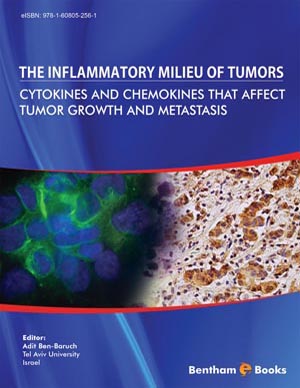Abstract
TGF-βs are pleiotropic regulatory proteins that are often highly overexpressed in the microenvironment of advanced tumors. Since nearly all cell types respond to TGF-β, TGF-βs are wellpositioned to integrate cellular responses in the parenchymal and stromal compartments of normal tissues and of tumors, and to mediate cross-talk between the two. Pre-clinical studies have uncovered complex roles for TGF-βs in tumorigenesis, with tumor suppressive and tumor promoting effects on both compartments. In this review, we discuss the biological activities of TGF-β that underlie these effects and address some of the mechanisms that determine which type of effect dominates at different stages of the tumorigenic process. Finally, we consider the prospects for therapeutic targeting of TGF-β in cancer, as a way to simultaneously normalize both the microenvironmental and parenchymal compartments of the tumor, and thus prevent or reverse tumor progression.
Keywords: TGF-beta, immunosuppression, inflammation, smad, tumor suppression, metastasis, cancer therapy.






















